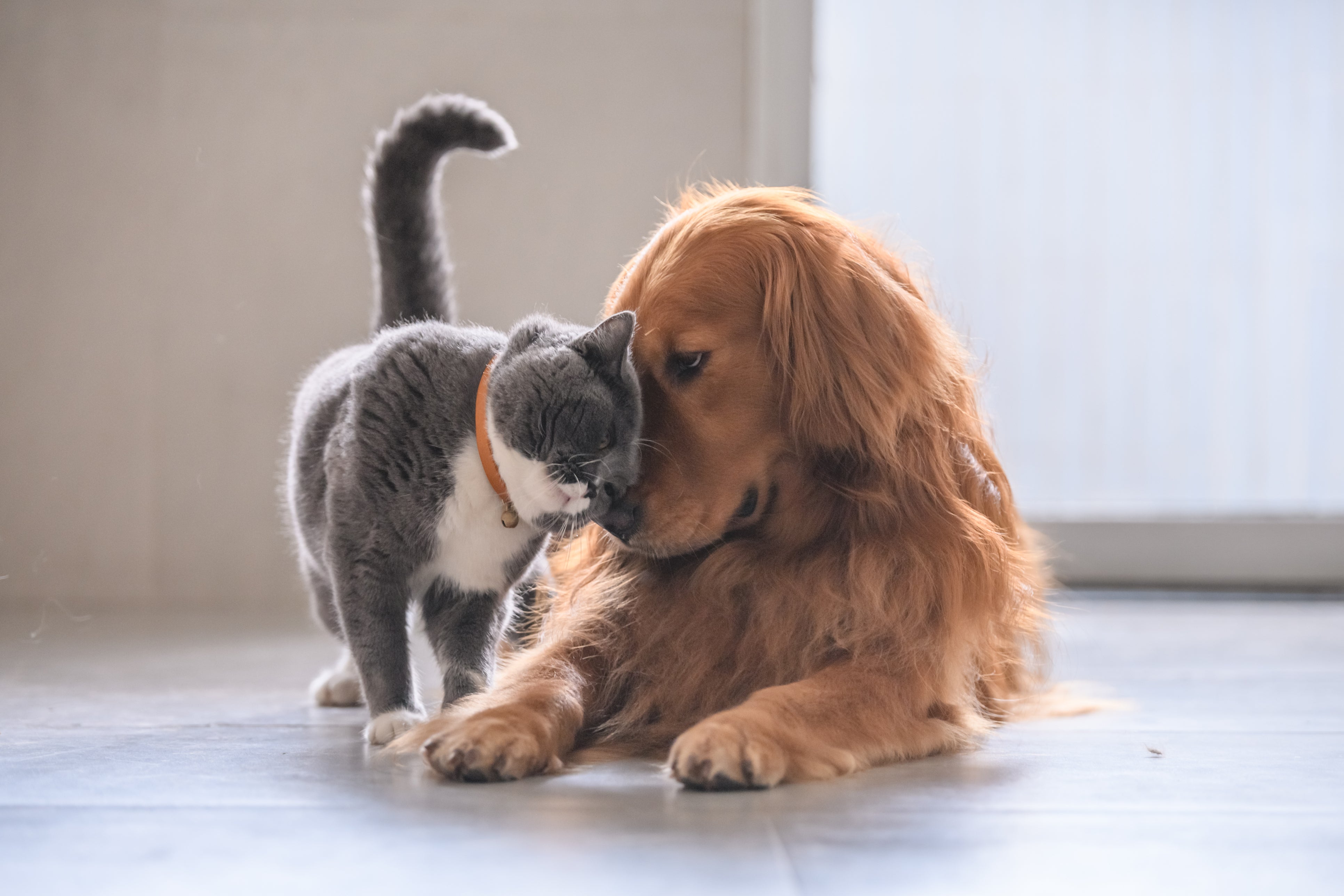Common for dogs and cats to catch Covid from owners, study finds
Avoid contact with your cat or dog if you have Covid, researchers warn

Your support helps us to tell the story
From reproductive rights to climate change to Big Tech, The Independent is on the ground when the story is developing. Whether it's investigating the financials of Elon Musk's pro-Trump PAC or producing our latest documentary, 'The A Word', which shines a light on the American women fighting for reproductive rights, we know how important it is to parse out the facts from the messaging.
At such a critical moment in US history, we need reporters on the ground. Your donation allows us to keep sending journalists to speak to both sides of the story.
The Independent is trusted by Americans across the entire political spectrum. And unlike many other quality news outlets, we choose not to lock Americans out of our reporting and analysis with paywalls. We believe quality journalism should be available to everyone, paid for by those who can afford it.
Your support makes all the difference.A “substantial proportion” of pet cats and dogs may catch Covid-19 from their owners, a new study suggests.
Researchers collected swabs and blood samples from 154 cats and 156 dogs belonging to people who had tested positive for coronavirus, which were then used in PCR tests and tested for antibodies.
Out of the 196 households that were tested, six cats and seven dogs (4.2 per cent) had positive PCR tests and 31 cats and 23 dogs (17.4 per cent) tested positive for antibodies. In all, pets in 40 households (20.4 per cent) showed antibodies for the virus.
Follow-up tests on animals that lived in the same household suggested the virus was not being transmitted between pets living in close contact with one another.
The team behind the study said the findings show that Covid-19 is “highly prevalent” in pets of people who have had the disease.
Comparing the research with other studies that showed Covid rates to be higher in pets that have been in contact with people with the virus, than in pets without such contact, the researchers said the most likely route of transmission is from human to pet, rather than the other way round.
The findings will be presented at the European Congress of Clinical Microbiology and Infectious Diseases (ECCMID).
Dr Els Broens, of Utrecht University, said: “If you have Covid-19, you should avoid contact with your cat or dog, just as you would do with other people.
“The main concern, however, is not the animals’ health - they had no or mild symptoms of Covid-19 - but the potential risk that pets could act as a reservoir of the virus and reintroduce it into the human population.
”Fortunately, to date no pet-to-human transmission has been reported. So, despite the rather high prevalence among pets from COVID-19 positive households in this study, it seems unlikely that pets play a role in the pandemic.”
Cases of owners spreading the disease to their cats or dogs have been documented before. In March, an eight-year-old male cat in Italy was diagnosed with the Alpha variant, first identified in Britain.
Earlier this year, a group of scientists warned cats and dogs may need to be vaccinated against Covid-19 to prevent the spread of the virus.
In an editorial for the journal Virulence, they warned continued evolution of the virus in animals followed by transmission to humans “poses a significant long-term risk to public health”.
“It is not unthinkable that vaccination of some domesticated animal species might ... be necessary to curb the spread of the infection,” they said.
Official government guidance states that it is “rare” for an animal to contract coronavirus and that if they do, they may show only mild clinical signs and recover within days.
The British Veterinary Association recommends owners wash their hands after touching their pets in case the virus is on their fur.
Join our commenting forum
Join thought-provoking conversations, follow other Independent readers and see their replies
Comments